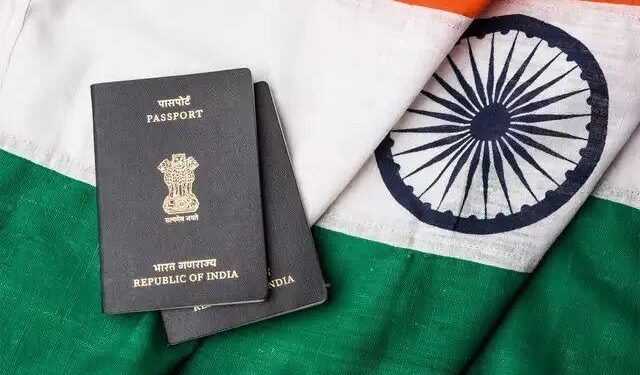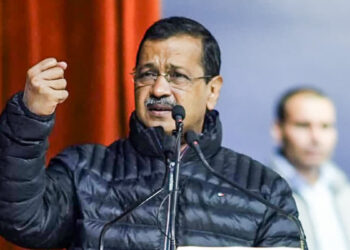In India, proving citizenship has become a topic of discussion, especially with recent updates to voter lists in states like Bihar. The Citizenship Act of 1955, along with its amendments, defines who is an Indian citizen based on factors like birth, descent, registration, naturalization, or territorial inclusion. For global readers, here’s a simple guide to the four key documents that can help establish Indian citizenship, as recognized by the Home Ministry.
1. Indian Passport
An Indian passport is the most widely accepted proof of citizenship. Issued only to Indian citizens, it confirms your identity and nationality. It’s a powerful document for international travel and is considered a primary proof of citizenship within India. If you’re an Indian citizen, holding a valid passport is one of the clearest ways to prove it.
2. Birth Certificate
A birth certificate showing that you or your parents were born in India is another key document. For those born before July 1, 1987, a birth certificate proving birth in India is enough to establish citizenship under the Citizenship Act. For those born after, you may also need your parents’ birth certificates to show they were Indian citizens at the time of your birth. This document is critical, especially for those who don’t have a passport.
3. Certificate of Registration or Naturalization
Foreigners who have legally acquired Indian citizenship through registration or naturalization receive a certificate from the Home Ministry. This document, issued under Sections 5 and 6 of the Citizenship Act, is a direct proof of citizenship for those who weren’t born in India but became citizens through legal processes, such as marrying an Indian citizen or living in India for a specified period.
4. Domicile Certificate
A domicile certificate proves that you are a permanent resident of a specific state in India. While not always a standalone proof of citizenship, it supports other documents by showing your long-term connection to India. This is particularly useful in cases where additional evidence is needed to confirm your status as a citizen.
Why These Documents Matter
In India, documents like Aadhaar, voter ID, PAN, or ration cards are often used for identity or accessing services, but they don’t legally prove citizenship. The Supreme Court has recently emphasized that citizenship verification is the responsibility of the Home Ministry, not the Election Commission, which has sparked debates about voter list revisions in states like Bihar. These four documents—passport, birth certificate, registration or naturalization certificate, and domicile certificate—are considered the most reliable by the government to confirm Indian citizenship.
Challenges and Context
Hundreds of millions of Indians, especially in rural areas, may lack these documents, particularly birth certificates. This can create challenges, especially during processes like voter list updates or legal verifications. The Citizenship Act has been amended several times (1986, 2003, 2005, 2015, and 2019), with changes affecting how citizenship is determined, especially for those born after 1987. For global readers, it’s worth noting that India’s citizenship laws combine elements of birth-based (jus soli) and descent-based (jus sanguinis) principles, making documentation critical for clarity.
If you’re an Indian citizen, having an Indian passport, a birth certificate, a registration or naturalization certificate, or a domicile certificate can help you prove your status. These documents align with the Citizenship Act of 1955 and are recognized by the Home Ministry. As India navigates discussions around citizenship and voter rights, these four documents remain the cornerstone for establishing your place in the world’s largest democracy.





































